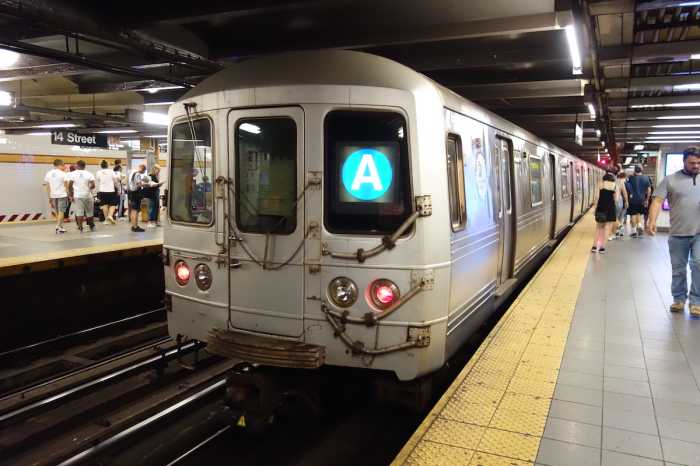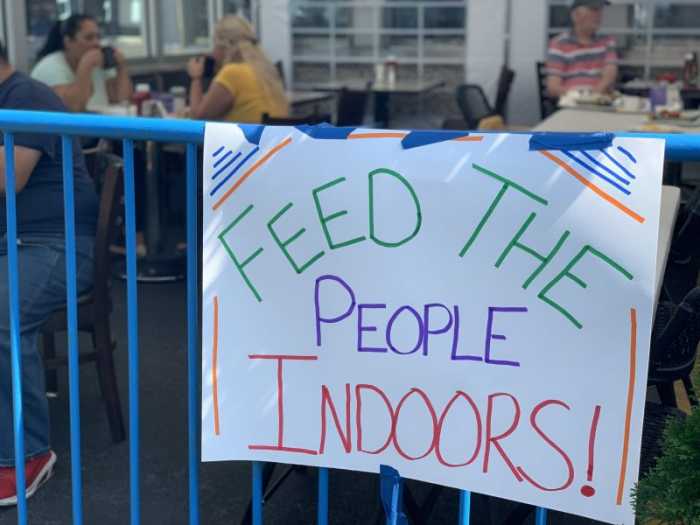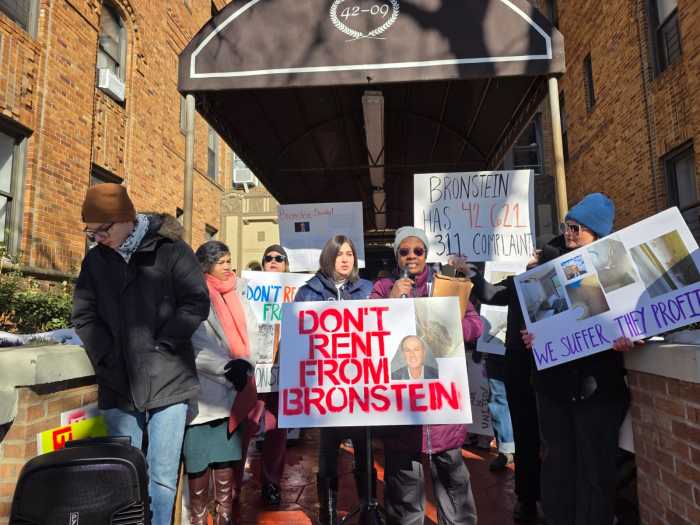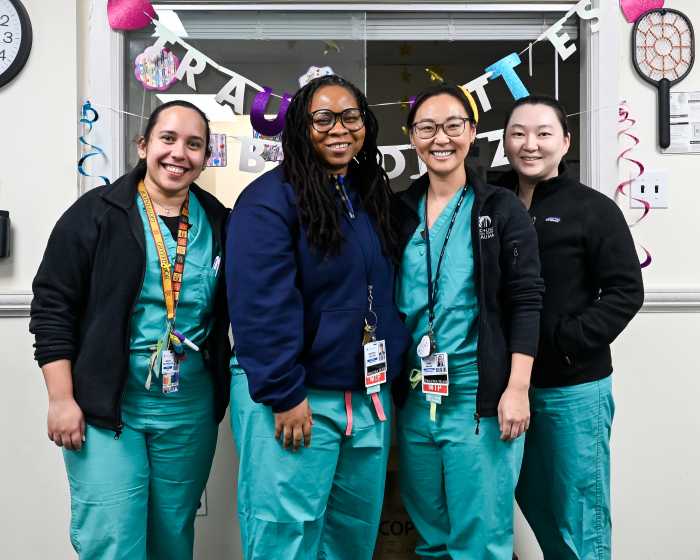Indoor dining is set to return on September 30 with rigorous inspections and strict seating limits, but restaurant owners and electeds insist that’s not enough to sustain into the winter and the length of the COVID-19 crisis.
Senator Andrew Gournades (D-Brooklyn), Assemblymember Robert Carroll (D-Brooklyn), other elected officials, and The Bed-Stuy Restaurant Coalition have rallied behind various bills, like the Business Interruption Insurance Bill, that are meant to secure COVID relief for the food and small business industries.
As of now, September 17, the Open Restaurants outdoor dining plans were supposed to expand to more locations while indoor dining will serve customers at 25 percent capacity at the end of the month, announced Governor Andrew Cuomo. Other restrictions for indoor dining will include temperature checks at every front door, COVID testing, PPE for employees, and tables six feet apart.
“More than 5,500 restaurants are essential to Brooklyn’s economy, and their survival during the next few months will be a critical component of the borough’s recovery,” said Randy Peers, President and CEO of the Brooklyn Chamber of Commerce. “The Small Business Recovery Lease program, extended outdoor dining, and a blueprint for expanding indoor dining to 50% will all help keep our economy moving and protect jobs during this challenging time.”
The Bed-Stuy Restaurant Coalition, a group of restaurant owners that initially banded together in May to call for sidewalk cafe permits, is now pushing various legislation to protect their livelihoods even further.
The main focus of their advocacy is the federal $120 billion grant program named the Restaurants Act of 2020, The Small Business Recovery Lease programs on the state level (A10936, S8904) that authorize property tax abatements, and the business interruption insurance bill which is sponsored by Gournades and Carroll.
“These businesses did everything right,” said Carroll, “They took out the insurance and a vague clause that broadly excludes viruses was not something they bargained for.”
Carroll explained that the state regulates insurance contracts, but insurance companies are responsible for the payouts to COVID-19 related claims. “Insurance companies are in the business of denying claims, that’s what they do,” said Carroll.
“We need to pass mine and Carroll’s bill to hold insurance companies accountable to their promises. This bill would allow restaurants and other small businesses who paid for business interruption insurance to collect in their time of need,” said Gournades. “If a pandemic doesn’t count as a legitimate business interruption, what does?”
Andrew Rigie, executive director of the NYC Hospitality Alliance, said that restaurants have been financially devastated by the COVID-19 pandemic, most of which weren’t able to make rent in August.
“To ensure the survival and future viability of these vital small businesses and jobs, restaurants urgently need rent relief, an indefinite extension of outdoor dining, a roadmap for expanded indoor dining, covered business interruption insurance and immediate passage of the Restaurants Act by Congress,” said Rigie.
“We are all so battle numb. Every day is a new fight and we have collective PTSD I feel,” said Charlotta Janssen, who owns the French Restaurant, Chez Oskar, at 310 Malcolm X Boulevard in Bedford-Stuyvesant. Janssen also heads the Bed-Stuy Coalition.
“The accumulation of missteps from our Mayor [Bill de Blasio] is still upsetting,” said Janssen. “That the Mayor took three months to slow-walk the cap to the finish line is really upsetting, then came the incredibly late outdoor dining. We had a gorgeous May with no tables outdoors anywhere. Now indoor and 25 percent, after having a truly hard and awful year with no additional help in sight is not enough to really get us through the winter.”
Janssen said that she ordered infrared heaters because she still doesn’t have a permit for outdoor gas heaters, which is usually issued and approved by the Department of Buildings (DOB) and the fire department. She said she’s praying for a mild winter this year.
Gournades said that he supports year-round dining with heat lamps, “but it can’t be a substitute for the aid restaurants so desperately need.”
“Definitely support extending outdoor dining year-round (and post-pandemic). Working to amend my bill to make it happen!” tweeted Councilman Antonio Reynoso (D-Ridgewood, parts of Brooklyn), adding to the discussion earlier this week.
Kwame Owusu, who co-owns Butch and Coco at 153 Howard Avenue with his sister Anna, is a major actor in the Bed-Stuy Coalition as well.
Owusu said that the restaurant has been sustaining the best they can with what they have and hasn’t started the process for indoor dining again. He said he got involved with the coalition because he needed to do something for the community and the restaurant. “I want to be very mindful how challenging these times are, but also think that there should be some officials that are held accountable in terms of what they have done thus far. There’s a lot of work, we have to get prepared for the winter,” said Owusu.
Owusu said the limited capacity still isn’t enough to support staff salaries, and has questions about the extension of outdoor seating. “What is the strategy? How can we figure that out to make sure we’re going to be okay?” asked Owusu. “We don’t have the type of resources other associations or restaurants have.”
Owusu said that it seems that de Blasio hasn’t done a good job playing damage control.
“As a resident of Brooklyn, hopefully [de Blasio] can come to our communities and see what we’re going through, and see what type of resolutions he can provide us so we can stay afloat,” said Owusu.









